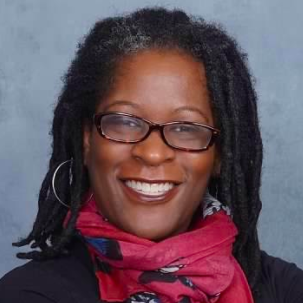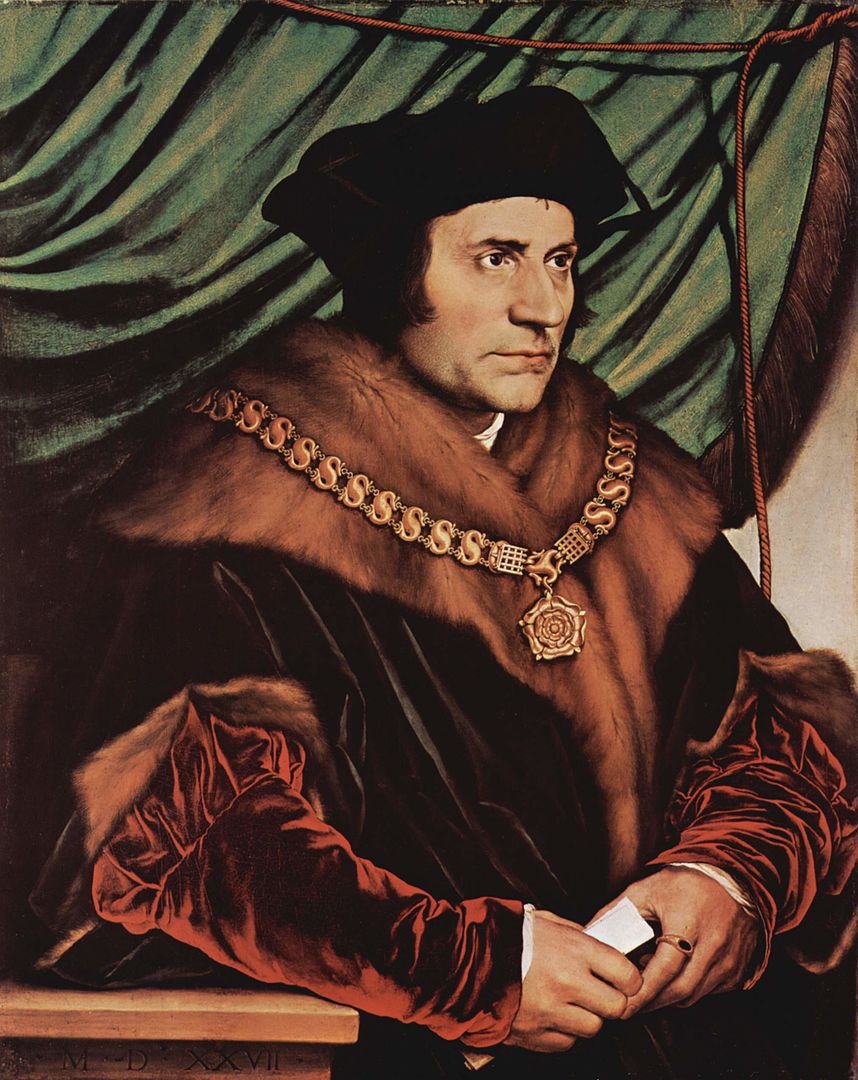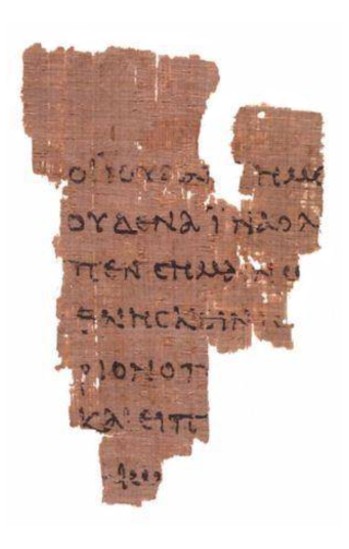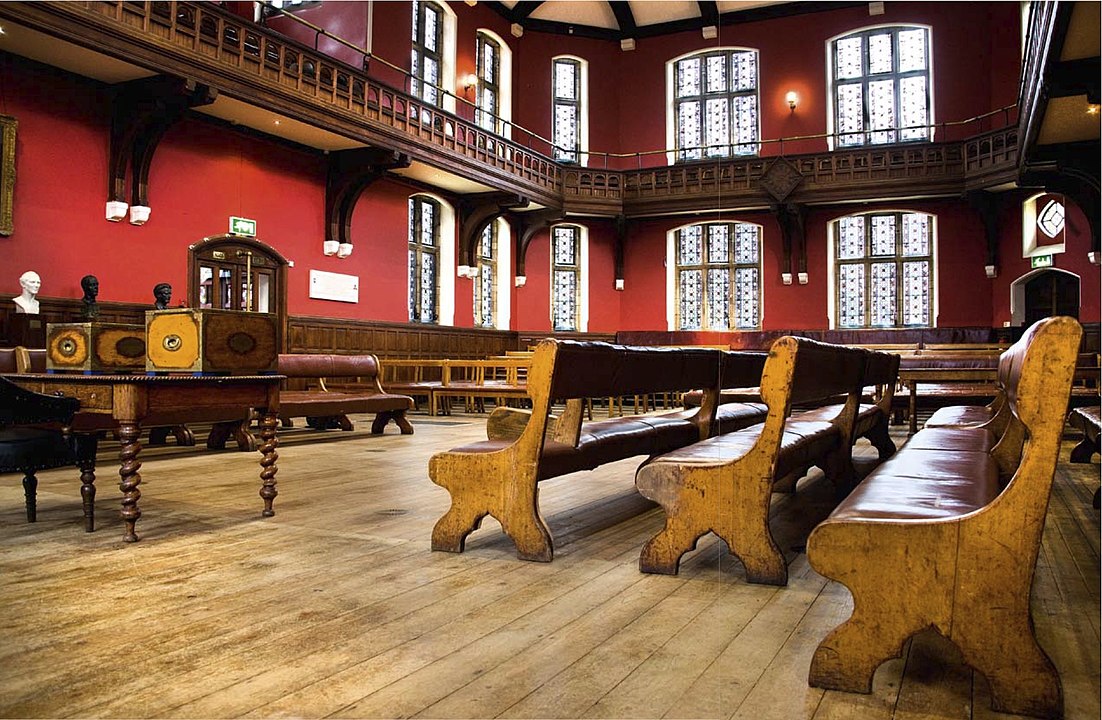Classic Learning in Black History: Part I
Dr. Anika Prather of Howard University gives us a three-part series explaining how she went from being suspicious of the Classics to being truly captivated.
Classic Learning in Black History: Part I Read More »









